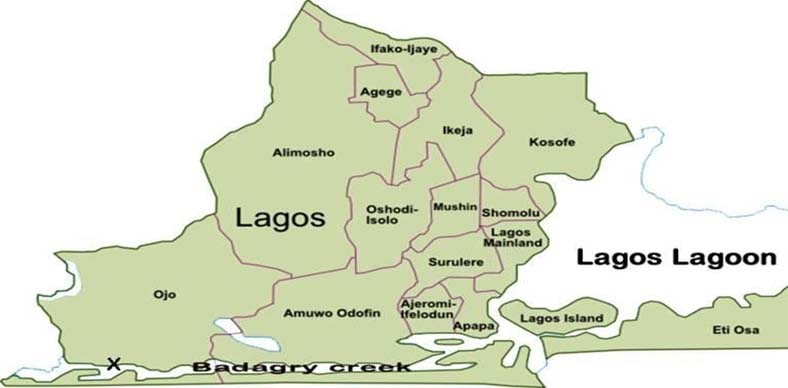The Lagos housing market presents a paradoxical picture of vibrant activity and persistent challenges. While demand for housing remains robust across all income segments, a significant supply-demand imbalance fuels escalating costs, particularly affecting low- and middle-income earners. This disparity stems from a mismatch in supply, with new construction heavily skewed towards luxury and high-income housing, leaving a gaping void in affordable options for the majority of the population. The rental market, equally volatile, is characterized by opaque practices and hidden policies, further complicating the housing search for prospective tenants. The resulting affordability crisis, where owning or renting decent accommodation near economic centers is increasingly out of reach, necessitates innovative financial solutions like flexible payment plans and rent-to-own schemes. These models are gaining traction as both public and private entities grapple with the urgent need for more accessible housing.
The inadequacy of formal housing options has spurred a surge in informal housing and unplanned settlements. This informal sector expansion, driven by the lack of affordable alternatives and compounded by regulatory hurdles, infrastructure deficits, and market uncertainties, undermines buyer confidence and hinders formal housing delivery. Unclear land titles, frequent developer defaults, and widespread infrastructure gaps create a risky and opaque market environment, deterring investment and compounding the supply shortage. The proliferation of informal housing further strains existing urban infrastructure and planning systems, exacerbating the challenges facing Lagos’s housing landscape. This cycle of unmet demand pushing individuals into informal settlements underscores the systemic failure to provide sufficient formal housing at scale.
Amidst these challenges, the Lagos housing market is also witnessing evolving trends. Mid-income housing estates are emerging in developing districts like Ibeju-Lekki, reflecting an attempt to address the middle-market gap. Concurrently, investor interest has gravitated towards short-let and luxury properties, driven by the promise of high returns. This shift towards investor-driven dynamics, particularly in high-demand areas, intensifies competition and further inflates prices through speculative buying. This dichotomy between addressing the middle-income segment and catering to high-return investments highlights the market’s complex and multifaceted nature.
The confluence of unmet demand, affordability constraints, informal sector growth, and speculative investment creates a complex ecosystem within the Lagos housing market. While emerging trends and innovative financial models offer glimpses of potential solutions, addressing the fundamental issues requires significant structural reforms. These reforms must encompass finance, planning, and regulation to create a more equitable and sustainable housing system. Overhauling existing systems and fostering transparency are crucial steps towards ensuring access to affordable and decent housing for all segments of the population.
The State of Lagos Housing Market report underscores the urgency of these reforms. The persistent challenges highlighted across its three editions, published in 2009, 2016, and now, demonstrate the enduring nature of these issues. The report’s findings paint a clear picture of a market struggling to meet the needs of its residents, with affordability remaining a central concern. The continued growth of informal settlements serves as a stark reminder of the consequences of inaction and the urgent need for comprehensive solutions. The report’s insights provide valuable data for policymakers and stakeholders to inform strategic interventions and drive systemic change.
The future of the Lagos housing market hinges on a coordinated effort to address these systemic weaknesses. Strengthening regulatory frameworks, streamlining land titling processes, and investing in critical infrastructure are essential steps towards building market confidence and encouraging responsible development. Simultaneously, promoting innovative financing mechanisms and fostering public-private partnerships can facilitate the development of affordable housing options at scale. By tackling these underlying issues, Lagos can move towards a more balanced and inclusive housing market, ensuring access to decent and affordable housing for all its residents. A proactive and comprehensive approach is crucial to unlocking the market’s potential and creating a sustainable housing future for Lagos.














